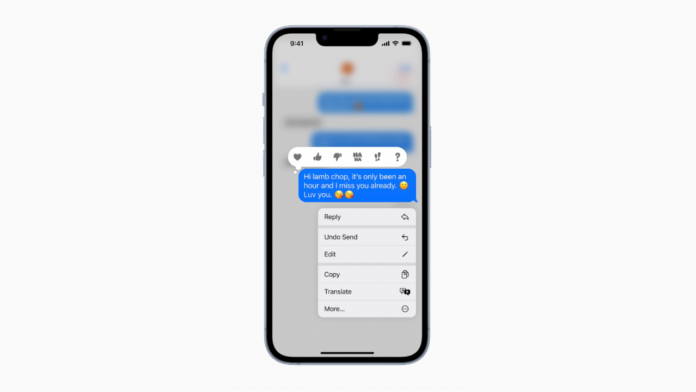The European Commission has decided not to designate Apple’s iMessage and Microsoft’s Bing, Edge, and Advertising as gatekeepers under the Digital Markets Act (DMA), a new regulation that aims to curb the power of large tech platforms in the EU. As a result, the companies won’t have to comply with DMA regulations with regards to these specific services.
Who Are Gatekeepers in DMA?
The DMA, which entered into force in November 2022, imposes a set of obligations and prohibitions on companies that are deemed to control access to core digital services, such as app stores, social networks, cloud computing, and online intermediation. These companies, called gatekeepers, are subject to fines of up to 10% of their global annual turnover for non-compliance, and up to 20% for repeated infringements.
How Did Microsoft & Apple Dodge Gatekeeper Status For Specific Services?
The Commission had initially identified Apple and Microsoft as gatekeepers for several of their services, including iMessage, Bing, Edge, and Advertising, based on quantitative criteria such as number of users and revenue. However, after conducting an in-depth market investigation which has been ongoing since September 2023, the Commission concluded that these services do not qualify as gatekeepers, as they do not have a significant impact on the contestability and fairness of the digital markets.
“Following a thorough assessment of all arguments, taking into account input by relevant stakeholders, and after hearing the Digital Markets Advisory Committee, the Commission found that iMessage, Bing, EDGE and Microsoft Advertising do not qualify as gatekeeper services,” the EU’s press release read.
The decision means that Apple and Microsoft will not have to comply with the DMA requirements for these services, such as offering interoperability in iMessage with rival messaging apps, allowing users to change default browsers and search engines, and refraining from using data obtained from their platforms for advertising purposes.
Read More: Apple ends a war with Android, confirms RCS support for messaging is coming
The Commission stressed that the decision does not affect the gatekeeper designation of Apple and Microsoft for their other core platform services, such as iOS, Windows, Safari, App Store, Azure, and LinkedIn, which remain subject to the DMA rules.
This doesn’t mean that Apple doesn’t have to comply with DMA’s regulations as far as other of its services are concerned. Apple’s Safari browser, iOS operating system, and App Store still have to comply with DMA’s requirements by March 7th.
Meanwhile, Meta has had two of its messaging services including WhatsApp and Messenger being assigned the core platform services tag under the DMA, due to which it has been working to make them interoperable with third-party messaging platforms. It recently also confirmed that the interoperability functionality will first include text messages, images, voice messages, videos, and files sent from one person to another. This should theoretically allow users to chat with people on WhatsApp through third-party apps, like iMessage, Telegram, Google Messages, and Signal, and vice versa.
However, it remains to be seen as to how many companies hop on board to support WhatsApp interoperability and accept Meta’s terms to do so. The firms will also have to prove to Meta that they stand in line with WhatsApp’s standards for security and privacy on their platform.


